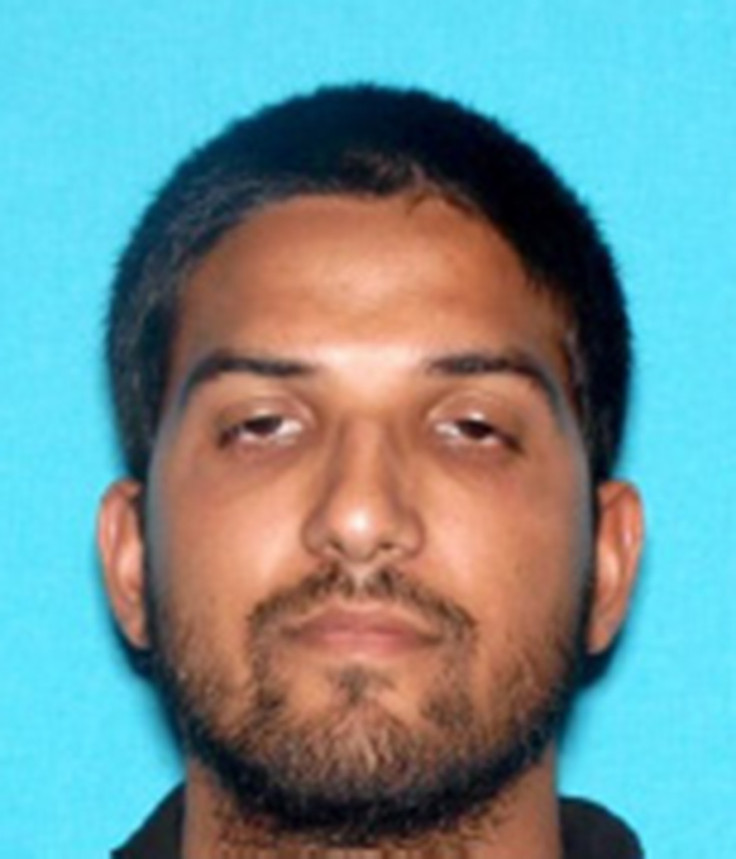San Bernardino terror victims join FBI against Apple to access shooter's cell phone

The massive US showdown between government access and cell phone privacy and safety protections just got more complicated with the announcement of the participation of victims of the San Bernardino terror shootings in support of the FBI's court action against Apple to decrypt the iPhone of one of the killers.
Some of those who were wounded in the attack are planning to file a legal brief supporting the Feds to force Apple to unlock the encrypted iPhone 5C of Syed Rizwan Farook, a lawyer for the victims told Reuters.
Attorney Stephen Larson, a former federal judge, said the information on Farook's phone extends beyond a criminal investigation by the US Department of Justice.
His clients were "targeted by terrorists, and they need to know why, how this could happen," Larson said.
Larson said he was contacted a week ago by the Justice Department and prosecutors about representing the victims. He plans to file an "amicus brief" in court by early March in support of the FBI's case. Larson isn't saying how many of the victims he's representing. There was no immediate response from Apple.
The victims of Farook, 28, and his wife, Tasheen Malik, 29, will be powerful allies in the historic clash between Apple and the FBI. Inspired by ISIS, the couple opened fire with semi-automatic weapons at a holiday party in December 2015, killing 14 people and injuring 22. Farook and Malik died in a gun battle with police.
The FBI has been wrestling with Apple to gain access to Farook's iPhone in the hope that it will provide investigators with information regarding all the motives behind the attack and any affiliation to terrorist groups or other individuals in the US.
Apple has refused to help the FBI gain access to Farook's phone, arguing that it would set a "chilling" precedent. The FBI wants Apple to disable some of its passcode protections to allow the agency access. But Apple officials have argued that creating a new system to dodge passcode protections would ultimately create a "backdoor" to Apple's operating system that could provide criminals and authorities unlimited access to customer data and the ability to intercept calls and messages, and track users via GPS.
"We mourn the loss of life and want justice for all those whose lives were affected," Apple CEO Tim Cook said recently. The company has "worked hard to support the government's efforts to solve this horrible crime," he added.
FBI Director James Comey said in a letter on 21 February that the agency's request wasn't about setting legal precedent, but rather seeking justice for the victims and determining other threats.
"Fourteen people were slaughtered and many more had their lives and bodies ruined. We owe them a thorough and professional investigation under law. That's what this is," Comey wrote.
The Justice Department has already won an initial victory in a Riverside, California, federal court, which ordered Apple to comply with the FBI's request. Apple refused to comply. The company is scheduled to file its first legal arguments in the case and against the order on Friday 26 February, and a hearing on the issue is scheduled for next month.
© Copyright IBTimes 2025. All rights reserved.






















